Web development is a diverse and ever-changing landscape. New tools and technologies are emerging regularly, making developers face a dilemma: whether to choose long-standing and mature solutions or to give newcomers a try. In this article, we will talk about the key features and differences between PHP and Node.js for server-side development.
In IT since 1993, SaM Solutions offers professional custom software development services to clients across all industries.
What to Choose: Node.js or PHP?
Backend developers often deal with the problem of choosing between Node.js and PHP. This has become a common question lately, though earlier JavaScript, which underlies Node.js, didn’t overlap with PHP. JavaScript built frontend applications, while PHP was used for server-side development. Working together, these two languages created dynamic websites.
Why did the situation change? This happened because JS represented by a new Node.js started entering a server-side sphere and distract backend developers from old-fashioned PHP.
These two technologies are both at the top of the list for backend programming. According to the Developer Survey Results 2016 by Stack Overflow, PHP took the fourth position with 31.5% of adherents, giving way to JavaScript, SQL and Java. Node.js was on the ninth position, with more than 13% of supporters.

Source: Stack Overflow
In 2018, PHP won the support of 31.4% of the professional developers, while JavaScript headed the list.
Most Popular Programming, Scripting and Markup Languages
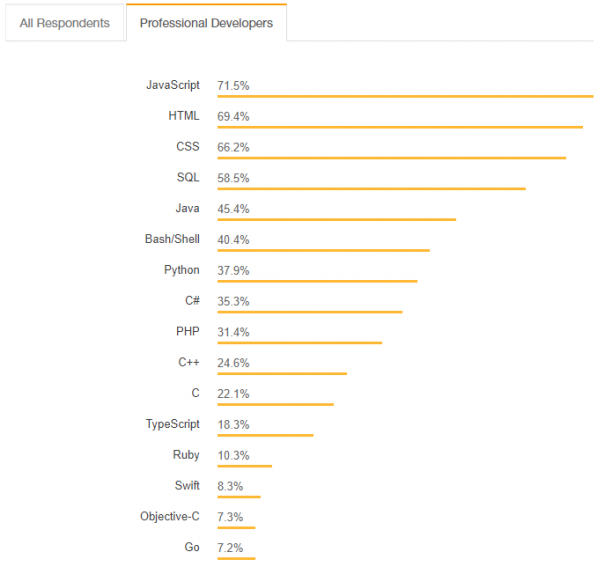
Source: Stack Overflow
49.9% of professional developers name Node.js the leader among frameworks, libraries and tools.
Most Popular Frameworks, Libraries and Tools

Source: Stack Overflow
Why do we compare Node.js vs. PHP? The main reason is that they are both open-source and web-oriented. Let’s take a look at their definitions and brief technical overviews.
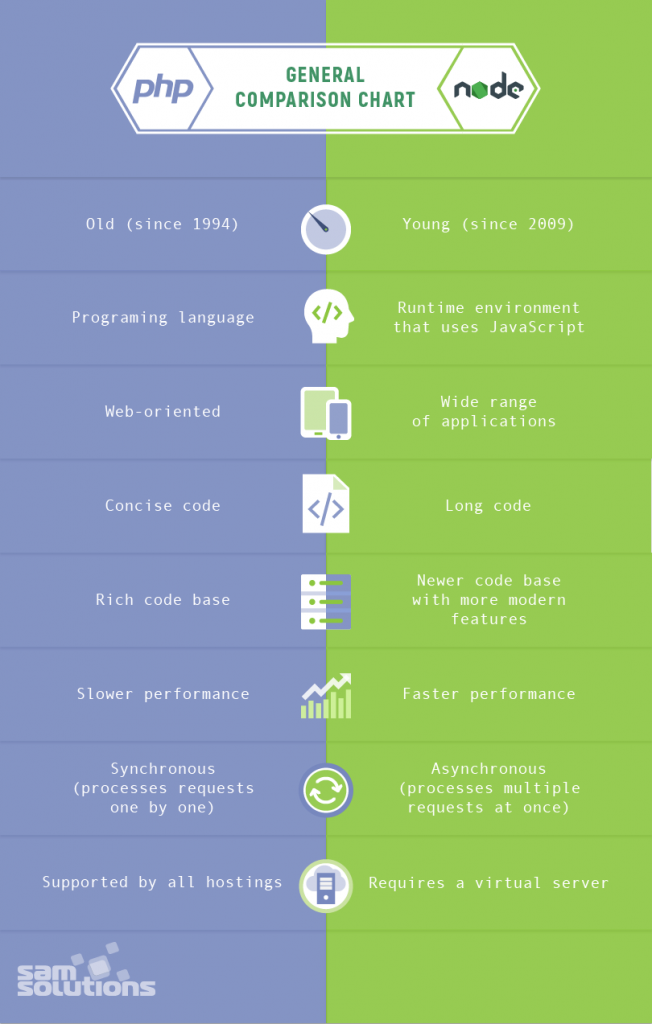
The PHP Overview
PHP is an interpreted server-side programing language created for web development by Rasmus Lerdorf in 1994. It is processed by an interpreter that is installed as a module in Apache or Nginx web servers. This language is used to write server-side apps and to connect with databases.
The language has a declarative style of writing code. This means that programmers have no limitations regarding the arrangement of code and its structure. PHP syntax is simple, which is why beginners often choose to use it.
The community provides colossal support in solving any kind of problems worldwide. There are lots of sites and web applications based on servers or engines written in PHP.
Initially, PHP was developed as a preprocessor for hypertext pages. Now, it can be easily integrated with HTML, which promotes the popularity of the language. Currently, more than 80% of web servers in the world use this server language.
PHP Advantages
It is easy to use because of the following features:
- Easy code
- Simple configuration of the development environment
- Wide support of hosting service s
- A powerful code base
- Ability to support many frameworks and CMS (WordPress, Joomla, Drupal, Laravel, Symfony)
- A large library of instructions and FAQs
- A massive community
- Portability (can be run on almost any server and platform)
PHP Disadvantages
- Inefficient separation of concerns. PHP doesn’t separate views and business logic. As a result, the code maintainability and scalability is poor, and it’s often hard to introduce new functions and manage large code bases.
- Outdated client-server model. Every page request goes through specific stages, making PHP slower. The tool Memcached can solve this problem, but this is not a standard feature of the language.
The Node.js Overview
Node.js is not a language, but runtime environment that is used to execute JavaScript code on the server-side. Because of this environment, JavaScript can be used beyond the client side. Node.js deals with data-intensive real-time applications that run across multiple devices.
The platform was created by Ryan Dahl in 2009 on the basis of the Google V8 JavaScript engine. Node.js is relatively young but already popular and used by many large companies including Microsoft, Yahoo, LinkedIn and PayPal.
Node.js makes JavaScript suitable for server-side development. Its work is built upon an event-driven programming paradigm and non-blocking I/O model that allows asynchronous processes. Built-in libraries of the platform process requests and responses.
The main advantage of Node.js is the npmjs package manager that accelerates software creation. The V8 engine eliminates issues with garbage collection, slow compilation and cache cleaning.
Node.js is often used to create APIs using popular tools such as the Express.js framework for the server, the MongoDB database management system and the Angular.js frontend framework.
Node.js Advantages
One of the main Node.js advantages over PHP is multithreading. It means that apps run permanently, need to initiate only once, and can perform asynchronous tasks. There are other advantages as well:
- Built-in server support
- A single syntax for both the frontend and the backend, which improves the maintainability of the app and reusability of the code
- Easy to learn, as it’s almost identical to JS
- Excellent for working with large files
- Flexibility as there are few strict rules and dependencies
Node.js Disadvantages
- More complicated code
- Not well-suited for processing graphics, audio and video Lack of maturity
Comparison of Node.js and PHP
Now let’s take a look at the comparison of two technologies based on some key parameters.
Node.js vs. PHP Performance
PHP provides more reliable and stable performance for various projects. However, when comparing Node and PHP, the former runs faster. This is possible due to the following features:
- The shorter request processing chain
- Fast V8 engine
- Continuous server connections
- Callback function s that process multiple requests at once
Development and Deployment
Coding in PHP for most developers is simple and fast. There is no need for various compilers or converters. You simply write your code in Notepad and can already execute it. The language easily establishes a connection to SQL databases and has no hosting restrictions. If you need to complete a project quickly, then PHP will be an excellent tool.
With Node.js, everything is more complicated. Deploying applications and frameworks requires a complex server infrastructure and preparation.
Syntax
The PHP code is concise.

In Node, the code for the same output is significantly longer.

Source: ready4s
Databases
PHP works perfectly with the MySQL database and supports various versions of databases such as MariaDB and Postgresql. Your code can work with all databases regardless of the utilized engines.
Node.js has libraries to access SQL, but there is also a special format for working with data. This is JSON. With it, you can interact with new types of NoSQL databases. A PHP project can also be configured to support JSON, but it’s most convenient to use it with JavaScript. You get the same code for the browser and server.
This is what a connection to a database looks like in both technologies.
PHP

Node.js

Source: ready4s
Again, the first code appears simpler.
Hosting
PHP is supported by all hosting services. Therefore, their integration and deployment are easier for small companies or individuals.
Node has fewer hosting services and requires a virtual server with SSH access to run applications.
Practical Application
РНР is generally web-oriented.
Node.js has a wide range of applications: web apps, multithreaded apps, microservices architecture, browsers, microcomputers, microcontrollers and game servers.
Evolution
PHP is constantly developing and updating. The team introduces new features and concepts to provide maximum execution speed.
Node.js is also actively developing, but there is one difference. The platform contains all modern functions in one main distribution, so there is no such fragmentation. This is a big plus because developers do not have to waste time on reworking the code.
It is quite difficult to choose a winner in PHP or Node.js on the basis of their features and advantages. It would be better to build different test cases for them and carry them out against a benchmark on the same machine. This way you’ll see how they perform in equal conditions and will be able to choose the best option for your project.
When Should You Use PHP or Node.js?
In spite of all the advantages and disadvantages, there’s still no ubiquitous answer as to the best solution. The technology for each backend project should be chosen individually on the basis of its specific features.
Choose PHP if your project includes:
- CMS such as WordPress, Drupal, Joomla, etc.
- Servers such as MySQL, SQL, MariaDB, Oracle, Sybase, Postgresql, etc.
- Solution stacks such as LAMP (Linux, Apache, MySQL, PHP)
Choose Node.js if your project includes:
- Streaming data transfer
- Real-time web development
- Software stacks like MEAN (mongoDB, Express.js, Angular.js, Node.js)
- Built-in expansion capabilities (cluster package)
Summary
In this article, we compared PHP vs. Node.js and discovered that these are both great platforms for developing sites and web applications. Naturally, they are both good in their own way, and they also have a few pitfalls. In some situations, PHP is more competitive, while in others — Node is better.
Hopefully, it has become more clear to you how to determine the best option for your company. Of course, you should take into account your personal preferences, as well as the needs, experience and proficiency of your team.
SaM Solutions can assist you in making this decision. We provide services using both PHP and Node.js technologies. Don’t hesitate to contact our professionals for a comprehensive consultation.



























 5 Reasons Why Your Business Needs a Mobile eCommerce Application
5 Reasons Why Your Business Needs a Mobile eCommerce Application Using Salesforce to Improve Your Sales Pipeline: Five Tips
Using Salesforce to Improve Your Sales Pipeline: Five Tips Cross-Platform Mobile Development: Five Best Frameworks
Cross-Platform Mobile Development: Five Best Frameworks How to Develop Custom Accounting Software
How to Develop Custom Accounting Software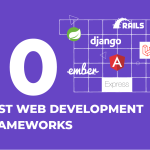 10 Best Web Development Frameworks in 2024
10 Best Web Development Frameworks in 2024


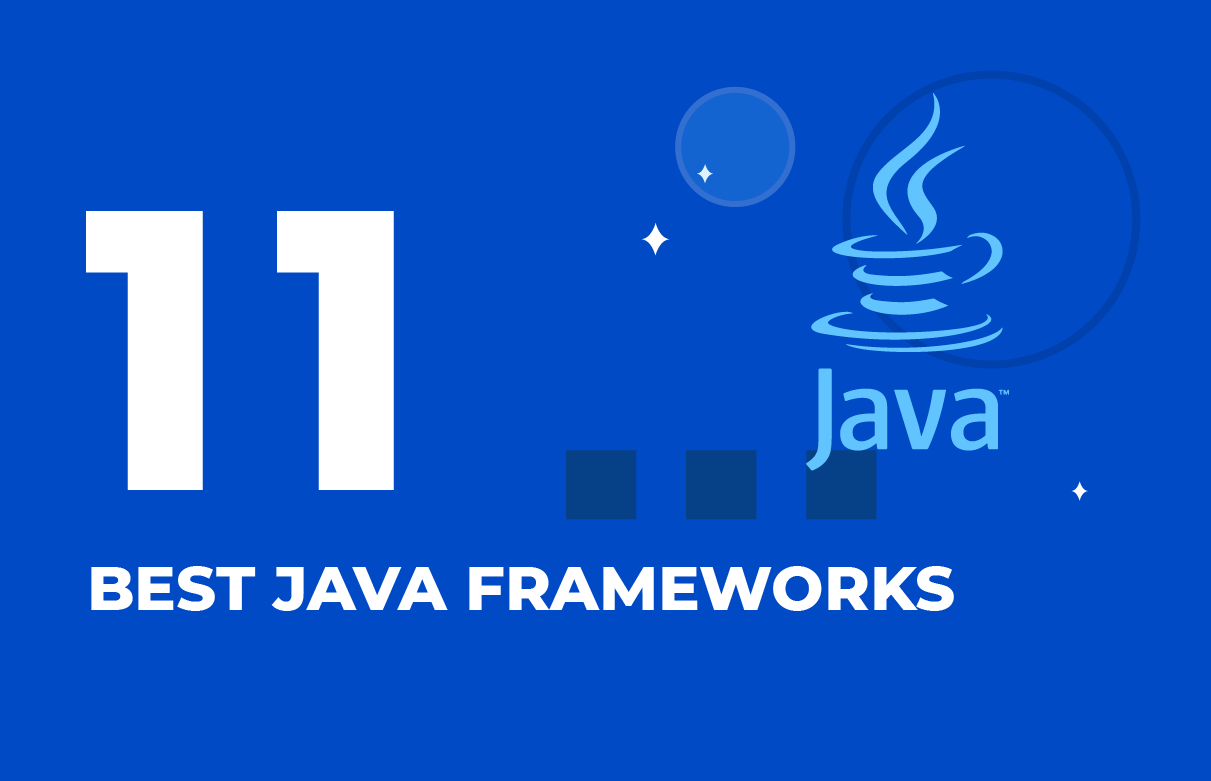


![[Tech Talk] What Developers Should Know About SQL Optimization, Part 1: Fundamentals](https://www.sam-solutions.com/blog/wp-content/uploads/fly-images/30279/SQL-video-cover-370x238.webp)



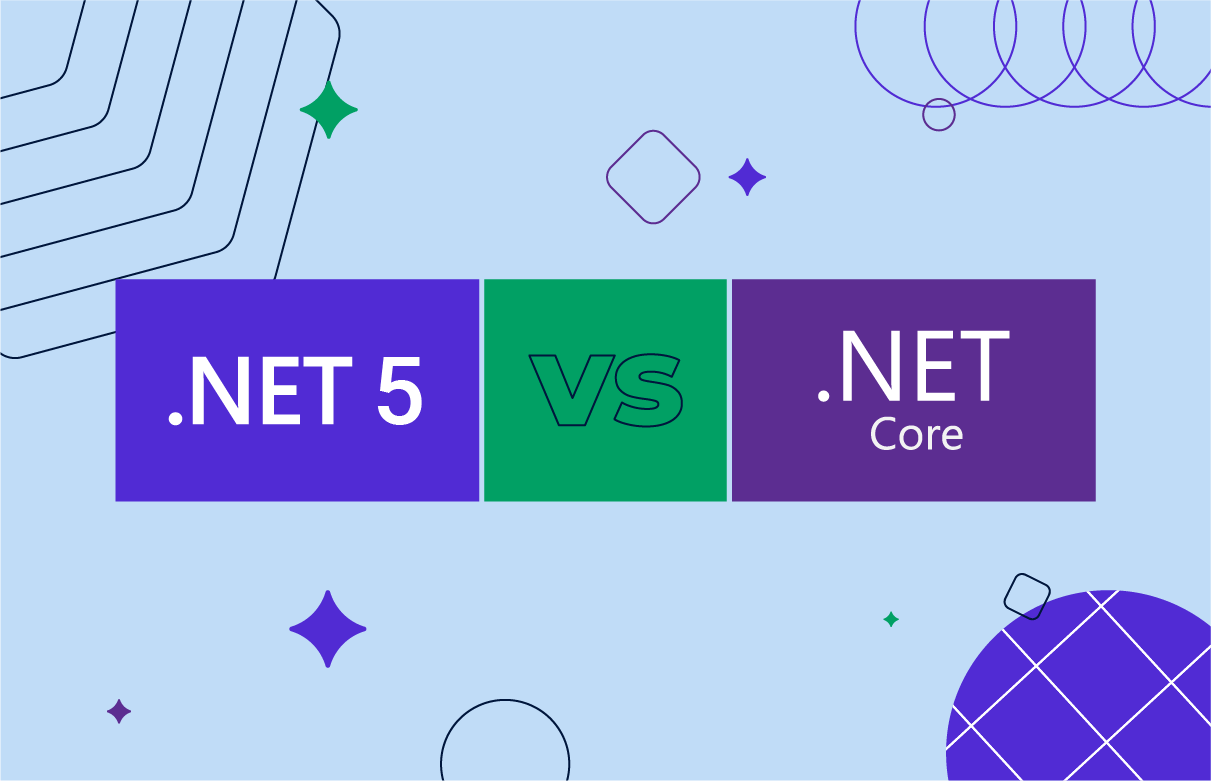
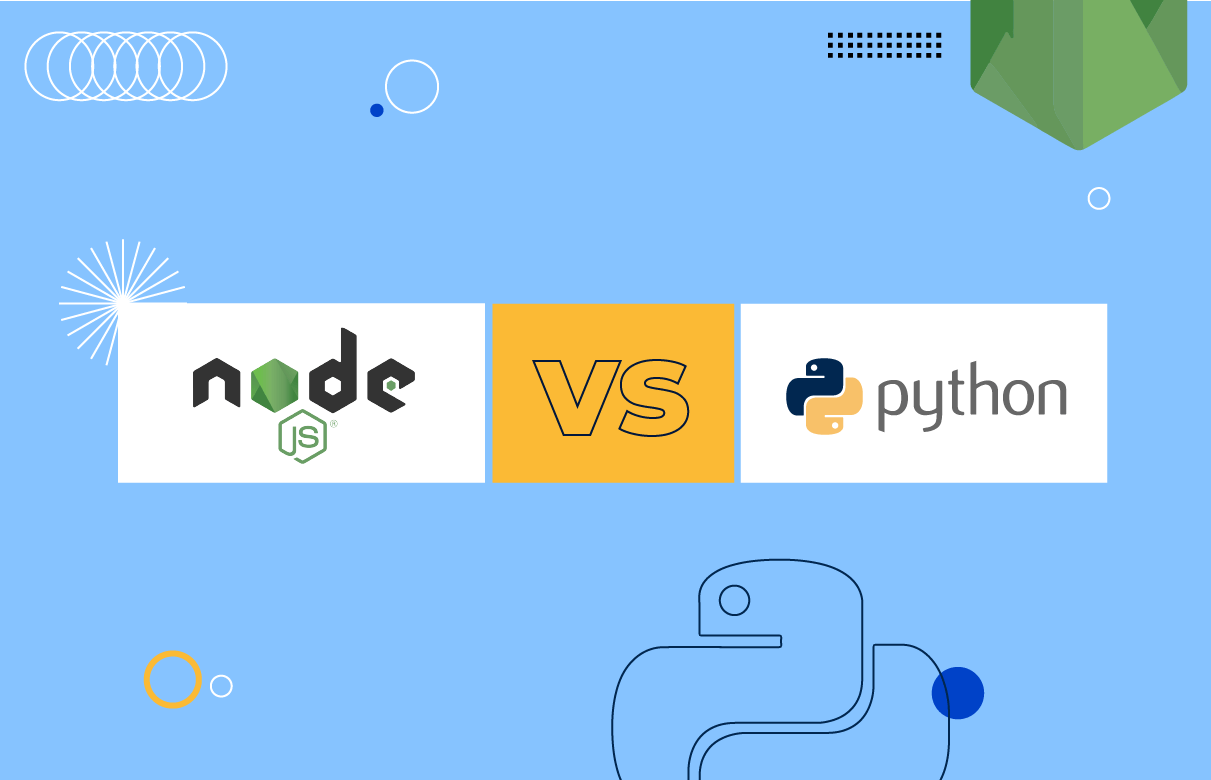

 Top 30 Ecommerce Tools to Elevate Your Business in 2024
Top 30 Ecommerce Tools to Elevate Your Business in 2024 5 Best Tools to Improve Embedded Software Testing
5 Best Tools to Improve Embedded Software Testing Why React and Node.js Are the Top Technologies for Creating High-Performance Web Apps in 2024
Why React and Node.js Are the Top Technologies for Creating High-Performance Web Apps in 2024 10 Best IoT Platforms for 2024
10 Best IoT Platforms for 2024
The article provides a quality of information about node.js and PHP. You Differentiate both and where you put an image of comparison chart and then also describe the PHP and node.js basic information also advantages and disadvantages so it is helpful for me. Thank you for sharing this wonderful post.
Heya i’m for the first time here. I found this article about PHP and Node.js and I find It truly useful & it helped me out a lot.
I hope to give something back and help others like you aided me.
This is the right website for anyone who really wants to understand this topic.
Great stuff, just great!
Great arguments. Keep up the good spirit.
I couldn’t resist commenting. Well written!
I like your writing, I will certainly remain gotten in touch with your blog site for future writing.
I take pleasure in, cause I found exactly what I was having a look for. You have ended my four day lengthy hunt!
God Bless you man. Have a great day. Bye
Pretty section of content. I just stumbled upon your blog and assert that I acquire actually enjoyed account your blog posts.
Any way I’ll be subscribing to your augment and even I achievement you access consistently rapidly.
with the coming of Node.js, all that is quickly changing. It is now possible to create a feature-rich backend without compromising on speed or performance.